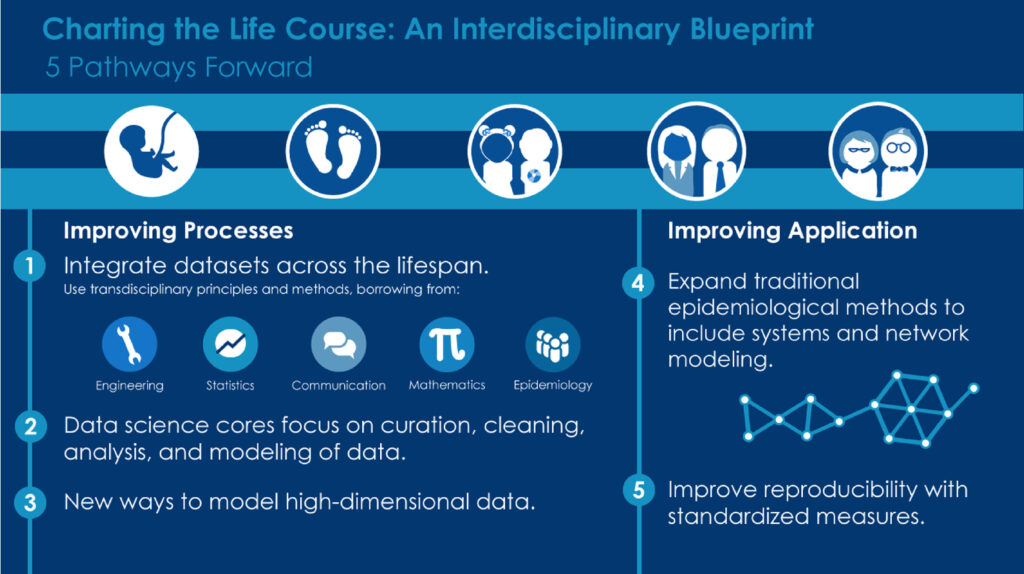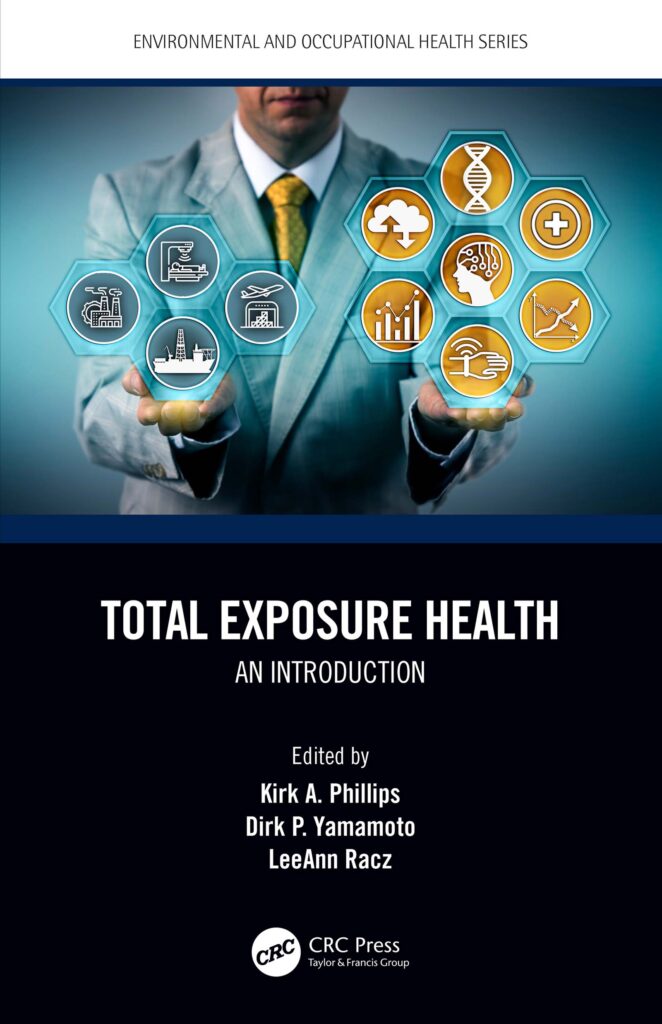Abstract
Life course research embraces the complexity of health and disease development, tackling the extensive interactions between genetics and environment. This interdisciplinary blueprint, or theoretical framework, offers a structure for research ideas and specifies relationships between related factors. Traditionally, methodological approaches attempt to reduce the complexity of these dynamic interactions and decompose health into component parts, ignoring the complex reciprocal interaction of factors that shape health over time. New methods that match the epistemological foundation of the life course framework are needed to fully explore adaptive, multilevel, and reciprocal interactions between individuals and their environment. The focus of this article is to (1) delineate the differences between lifespan and life course research, (2) articulate the importance of complex systems science as a methodological framework in the life course research toolbox to guide our research questions, (3) raise key questions that can be asked within the clinical and translational science domain utilizing this framework, and (4) provide recommendations for life course research implementation, charting the way forward. Recent advances in computational analytics, computer science, and data collection could be used to approximate, measure, and analyze the intertwining and dynamic nature of genetic and environmental factors involved in health development.
Hanson HA, Leiser CL, Bandoli G, Pollock BH, Karagas MR, Armstrong D, Dozier A, Weiskopf NG, Monaghan M, Davis AM, Eckstrom E, Weng C, Tobin JN, Kaskel F, Schleiss MR, Szilagyi P, Dykes C, Cooper D, Barkin SL. Charting the life course: Emerging opportunities to advance scientific approaches using life course research. J Clin Transl Sci. 2020 Jun 15;5(1):e9. doi: 10.1017/cts.2020.492. PMID: 33948236; PMCID: PMC8057465.



